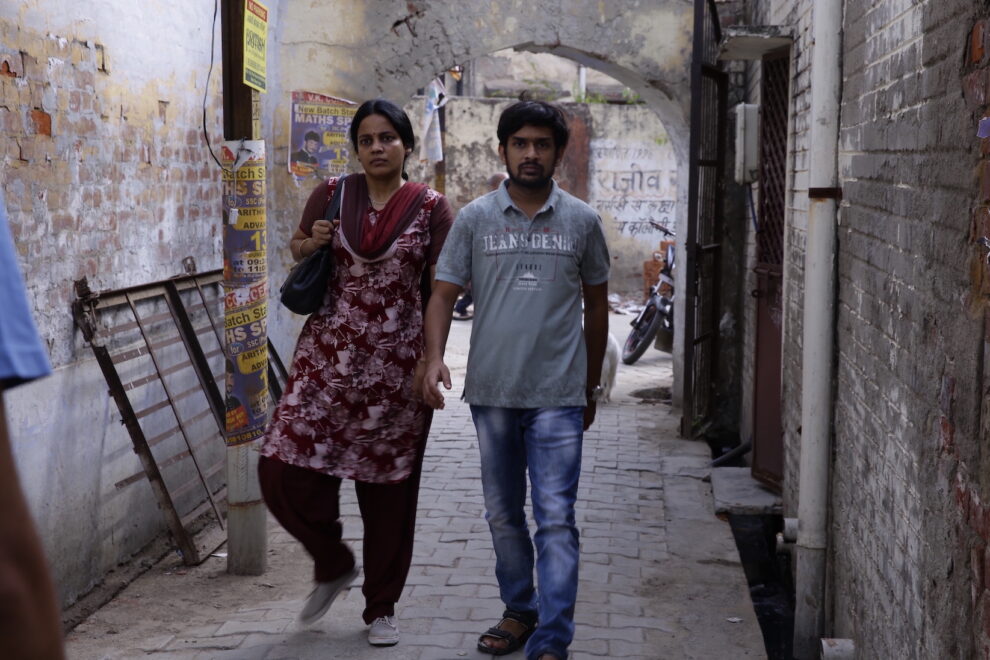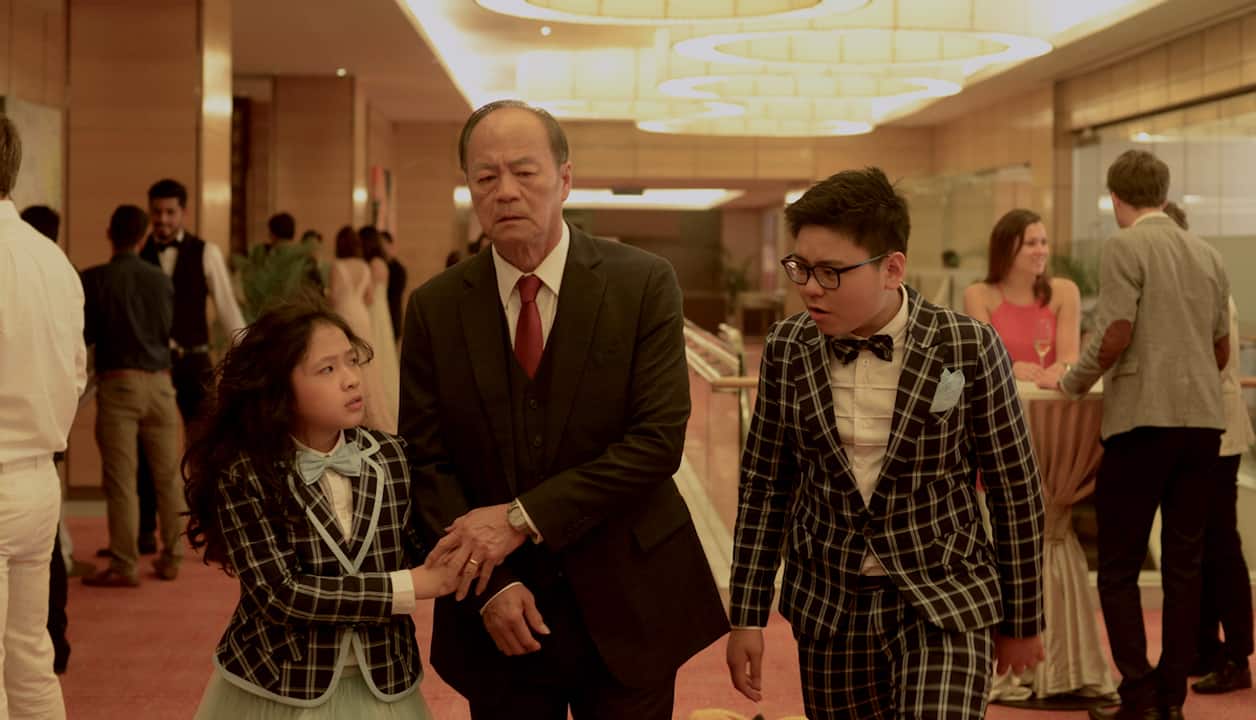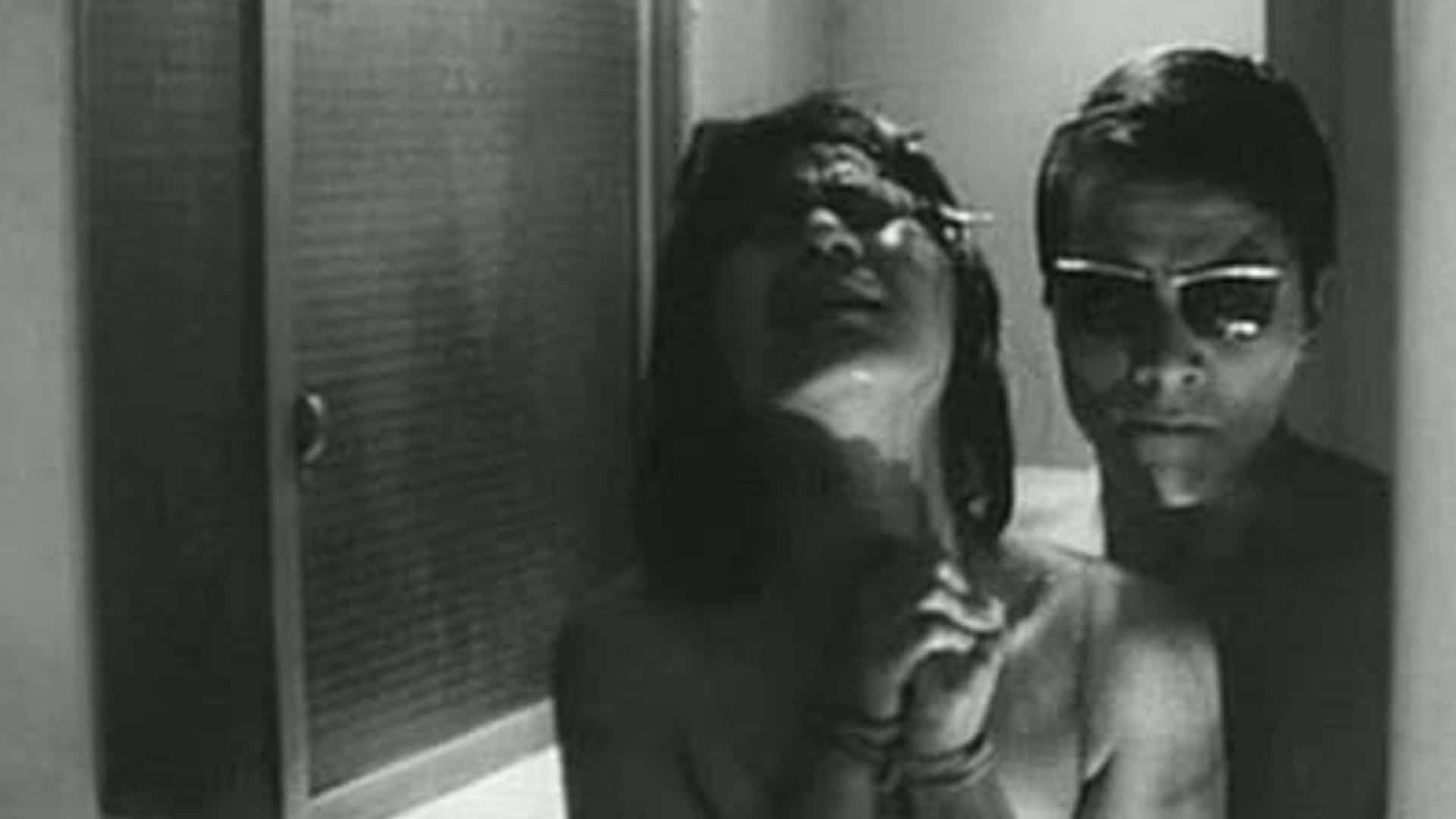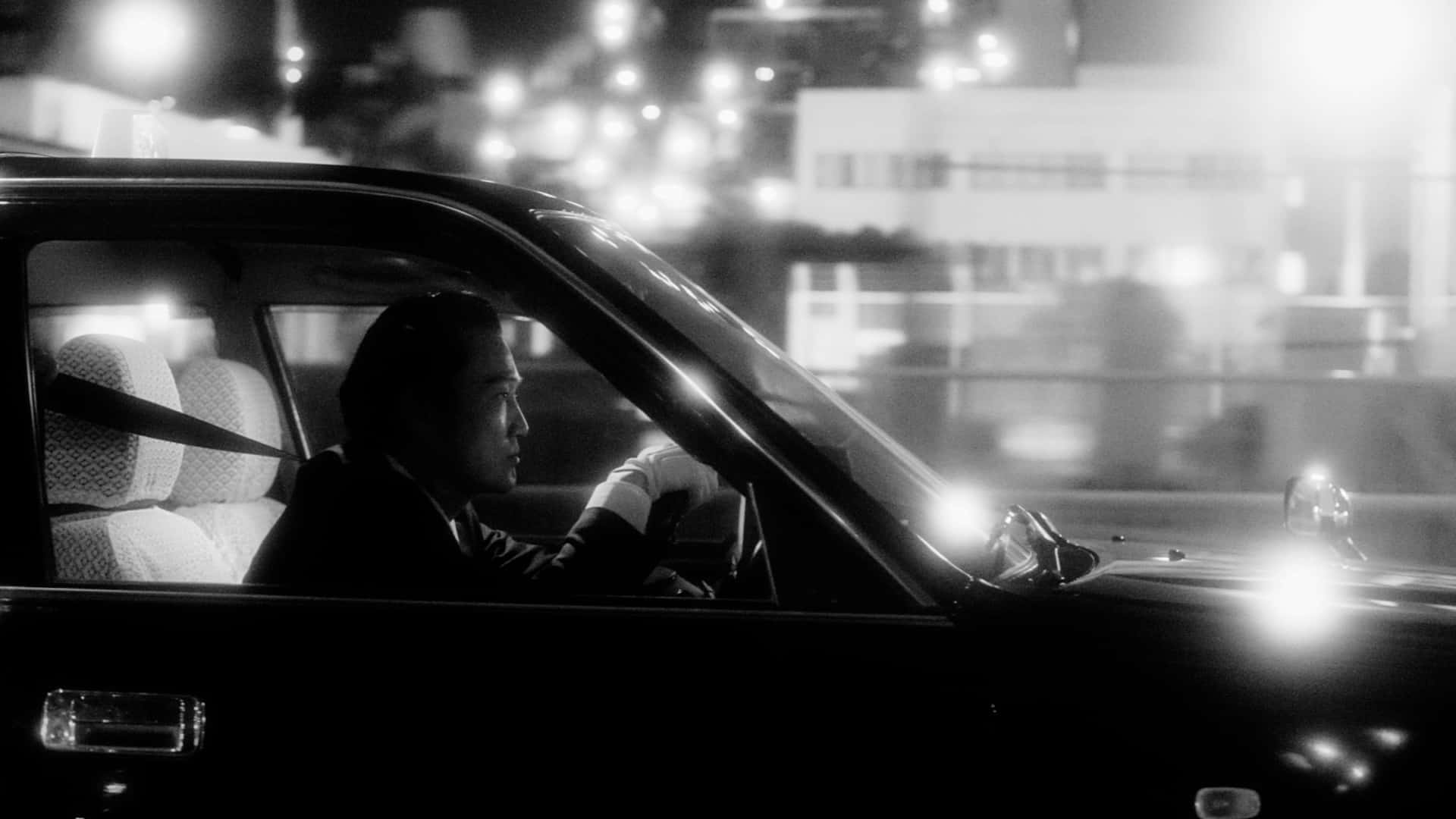Having screened in Cannes, Busan and Jio Mami this year, “Agra” is a truly surprising film from India that combines the intensely erotic with the thriller and the pointed social critique, in a delirious package that keeps you glued to the screen for the whole of its 132 minutes.
Agra is screening at San Diego Asian Film Festival
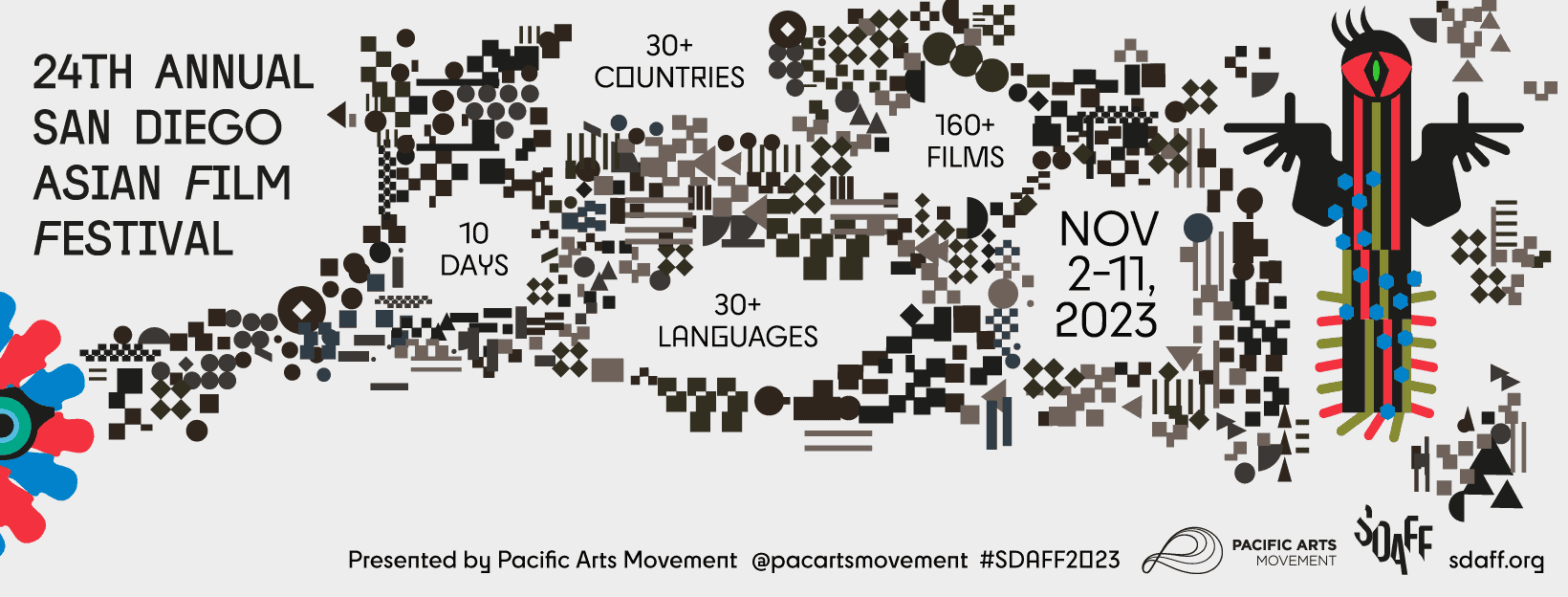
Guru is a 24-year-old who seems to suffer from delusions, instigated by an obsession with sex he cannot channel anywhere, since he has no girlfriend and actually no prospects of getting one, with his only solace being masturbating over paid text messages on his phone in his house's bathroom. It definitely does not help that the household he inhabits is also features his father Prakash, who is living on the upper floor with his second wife, while he and his mother, Prakash's first wife, on the ground one.
Eventually a cousin, Chhavi, also appears, crowding the space even more, while everyone in the family seems to have some plans for the last floor terrace. Guru wants to build an extra room and live there with a woman, his mother to retain a garden, Chhavi to have a dental clinic built there, while his father has other plans, seemingly to sell the house and live with a new girlfriend. Right when Agra's frustration and delusion start becoming intensely violent, he meets Priti, an owner of a small internet cafe with a limp, and finally finds a woman willing to be (and to sleep) with him. His family, however, is not willing to let him “go” so easily.
Check also this interview
Kanu Behl directs a film that thrives on its atmosphere of tension and disorientation, particularly in the first part, before Guru meets Preeti. Constant fights between members of the family, Guru's sexual fantasies which happen constantly and eventually become a reality in his mind, and threats of suicide and intense violence including attempted rape create a truly hellish setting, with Behl not allowing his audience to even relax for a minute. A recurring sequence of colors spilling into each other seems to mirror the protagonist's mental status, while the revelation of his father's punishments towards him when he was a kid provide an even more direct accusation to his family for his situation.
His meeting with Preeti does provide some solace, but definitely not from the beginning, as the way their relationship starts is not exactly normal. Even more so, when the issues with her deceased husband's family also turn into violence Eventually, however, and as Guru starts having sex and the movie turns into a sort of erotic drama, calmness seems to become more prevalent, although a sense that something bad will happen once more, never fully leaves.
At the same time, through the characters and the story, Behl seems to make a number of pessimistic but also realistic comments about Indian society, which is presented in the bleakest colors. Violent, cheating, sex-crazed, dirty, poor, conniving and lying are things almost everyone in the movie seem to be on occasion, with the lack of any kind of care for the mental issues of Guru also highlighting the health issues of the country in that regard, not to mention people's ignorance. That sex (sexual release if you prefer) provides the relief and essentially a way out for all the issues, emerges as a rather intriguing approach, which borders, though, on the fairy tale realm, even if Behl takes care of returning us to reality in the last scenes.
The visuals fit the context to perfection. DP Saurabh Monga creates a setting that is cramped, decrepit, anxious and suffocating, with his framing being the first medium and the rather fearful and tense look of Guru the second. The combination works excellently, with the film frequently functioning as a horror/thriller, with Nitesh Bhatia's editing also helping in that regard, and also in the sense of disorientation that appears particularly in the beginning. At the same time, the relatively fast pace suits the overall aesthetics nicely, while the erotic scenes are also tense, but rather realistic too, at least the ones between Guru and Preeti.
Mohit Agarwal as Guru is exceptional, highlighting all the aspects of his character and particularly his rage and sexual frustration in the best way, while his gaze will definitely stay on the mind of any viewer who watches “Agra”. The second most impactful performance comes from Priyanka Bose as Preeti, who initially appears quite enigmatic, but eventually emerges as the catalyst for all the issues and characters of the movie, with the way she manages to act even through the sex scenes being impressive. Lastly, Rahul Roy as the father is a rather appealing presence in the movie, particularly after he shows his true colors.
“Agra” is a very intriguing film, both for the mashup of genres and the way Behl handles the various aspects of the movie, in a way that is both entertaining and quite thought-provoking.


